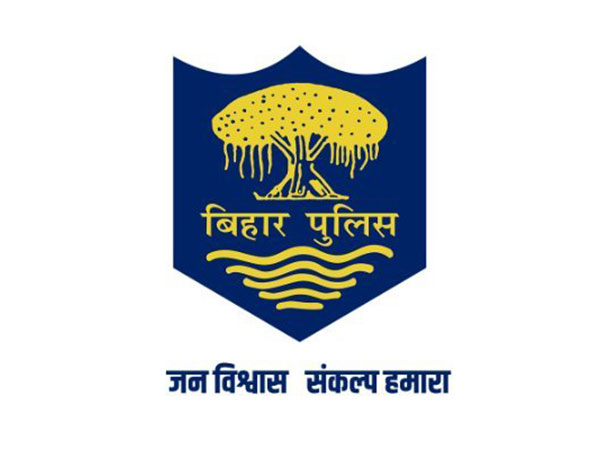West Bengal: NHRC takes suo-motu cognizance, deputes observer for violence over panchayat elections
Jun 11, 2023

New Delhi [India], June 11 : The National Human Rights Commission of India (NHRC) has taken suo-motu cognizance of a media report about incidents of election-related violence in West Bengal in which members of political parties have been targeted.
Accordingly, it has decided to depute the Director General (Investigation) of the Commission, as Special Human Rights Observer, to give first-hand information about recent incidents and to conduct an on-the-spot survey of West Bengal in consultation with the State Election Commission to identify the sensitive constituencies where such violence is likely to occur relating to panchayat polls.
The NHRC in its official release said that according to the media report, in Purba Medinipur district, a 60-year-old political activist, a booth president, was allegedly abducted and killed.
"The family members of the deceased have reportedly alleged that 34 local activists of the opposite political group are responsible for the murder. Another activist, Sanjay Tanti was also reportedly forcefully taken to an undisclosed location where he was severely beaten up by rival political workers and in another incident, a political leader, Rajendra Shaw from Asansol (Paschim Bardhaman) was shot dead on a National Highway," it read.
The official release from NHRC stated that there have been many other incidents of violence occurring in the State wherein workers of the contesting parties have clashed with each other and the 2018 rural elections are considered one of the most violent and bloody elections in the State of West Bengal.
"Considering this as a serious issue impacting human rights, the Commission has found it appropriate and necessary to take preemptive steps in time to prevent and inhibit in advance any form of human rights violation of the citizens with a view to upholding the inalienable and indefeasible right to life and livelihood, so guaranteed under Article 21 of the Constitution to preserve the larger public interest," it stated.
"In fact, the Supreme Court in NHRC Vs state of Arunachal Pradesh (1996 vol. 1 SCC 742) inter alia, observed that no state government worth the name can tolerate such threats by one group of persons to another group of persons; it is duty bound to protect the threatened group from such assaults and if it fails to do so, it will fail to perform its constitutional as well as statutory obligations," it added.
Accordingly, NHRC decided to depute the Director General (Investigation) of the Commission, as Special Human Rights Observer, to apprise first-hand information of recent incidents and to conduct an on-the-spot survey of the State of West Bengal in consultation with the State Election Commission, SEC to identify the sensitive constituencies where such violence is likely to occur relating to panchayat polls.
"Once the sensitive areas are identified, DG (Investigation) to submit a comprehensive report to the Commission for the deployment of Micro Human Rights Observers in all the sensitive constituencies in the state during and after the panchayat polls either by engaging the Special Rapporteurs or Special Monitors of the Commission etc., with a solo objective to protect basic human rights of the people by ensuring no violence takes place in Panchayat Election in the State of West Bengal. DG (Investigation) of the Commission to submit the report at the earliest considering the impending panchayat polls in West Bengal," it read.
Apart from the direction above, the Commission also issued notices to the Chief Secretary and the Director General of Police, West Bengal to provide assistance to the Director General of NHRC and also ensure that law and order are maintained within the State during the entire process of Panchayat polls starting from filing nomination papers till the time result is declared and also subsequent days. An action taken report is also to be submitted within two weeks.
The West Bengal panchayat elections will be held in a single phase on July 8. The counting of votes will be done on July 11.

















